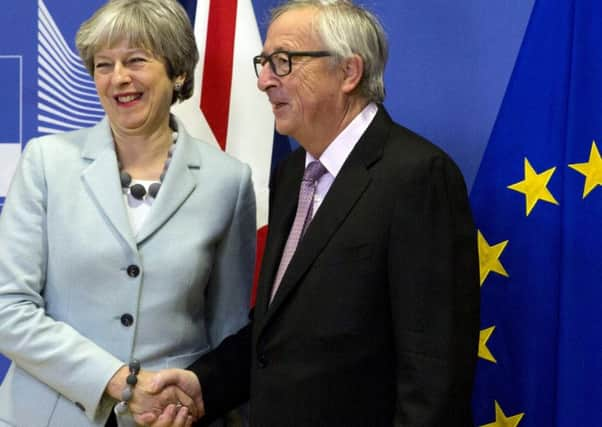The Yorkshire Post says: Bold words on post-EU future - Significant savings promised


The row over whether Brexit will actually help public services in this country has continued ever since; with Leavers pointing to the billions that will no longer be sent to Brussels each year and Remainers suggesting the economic damage that comes from quitting the EU will far outweigh any potential benefit.
However, there is broad agreement on both sides that many of our public services need more funding. As such, it was heartening to hear Theresa May’s pledge to Parliament that the “significant savings” from leaving the EU will allow for investment in domestic priorities such as housing, schools and health.
Advertisement
Hide AdAdvertisement
Hide AdThis bold promise, made in the context of explaining why the UK has agreed to pay up to £39bn in a so-called divorce settlement to start trade talks, is welcome though it does come with some caveats. It follows last week’s admission from Brexit Secretary David Davis that no formal economic impact study had been taken in regard of the Government’s plan to leave the customs union, a key plank of its Brexit strategy and a major change to the nation’s economy. Impact assessments on how key parts of the economy, such as the automotive industry, may fare have also not been done.
Mr Davis gave the reason as the “phenomenal number of variables” which made such an assessment difficult to conduct; an answer that reveals precisely how difficult it is to forecast what the post-Brexit economy will look like. Mrs May’s commitment to investment in public services after Brexit is welcome. But now the hard work of making that a reality must begin.